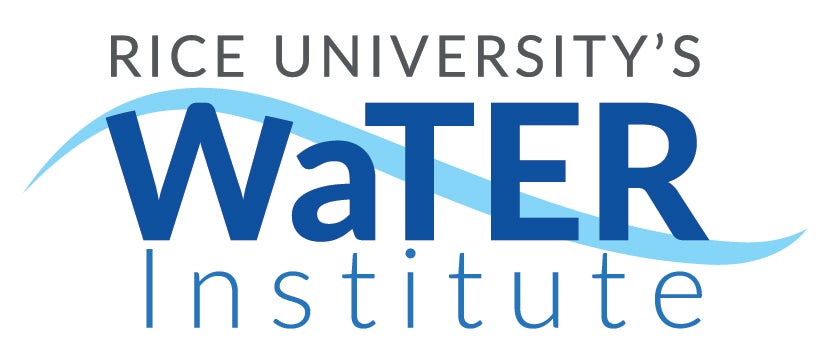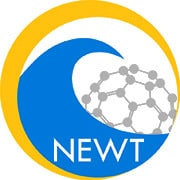
Welcome to the Rice WaTER Institute, where water, technologies, entrepreneurship, and research converge to shape the future of sustainable water treatment. Launched in January 2024, our institute stands out by transcending traditional approaches to water challenges. Unlike other regional centers that focus on specific problems or industries, we adopt a comprehensive perspective, addressing cross-cutting fundamental challenges with technological innovation at the core.
Our commitment to advancing water treatment is evident in our focus on technological innovation, utilizing advanced materials and novel processes. We aim to revolutionize water treatment by transitioning from large, chemical and energy-intensive methods to compact catalytic and selective separation modules. This shift not only ensures clean water on demand but also enhances fit-for-purpose treatment, boosting treatment capacity and cost-efficiency.
At the heart of the Rice WaTER Institute is our dedication to fostering entrepreneurship in the water technology sector. We provide a platform for individuals and companies to commercialize innovative water technologies, bridging the gap between groundbreaking research and practical applications. This unique combination of research, technology, and entrepreneurship positions us at the forefront of the water treatment landscape.

Background
Since its inception in 2015 with a substantial $37 million grant from the National Science Foundation (NSF) spanning a decade, the Nanotechnology Enabled Water Treatment (NEWT) Center has played a pivotal role in shaping the landscape of water treatment research and development. NEWT's commitment to excellence and innovation has propelled it to international acclaim, earning recognition for its dedication to developing and integrating advanced materials and novel processes. The primary objective has always been to ensure reliable, affordable access to clean water, a mission that has become increasingly critical in addressing global water challenges.
NEWT's influence extends beyond the academic realm, with a robust network of industrial affiliates. These partnerships contribute not only to the center's financial sustainability but also foster collaborative projects that bridge the gap between academia and industry.
Spanning across four universities—Rice, Arizona State University (ASU), Yale, and the University of Texas at El Paso (UTEP)—NEWT operates within 30 faculty labs, 13 of which are based at Rice University. NEWT's dedication to practical implementation is further underscored by providing real-world environments for testing and refining technological innovations.
NEWT's impact is not confined to the laboratory; the center has left an indelible mark on academic literature and technology transfer. With over 700 research papers, 45 patent disclosures, and the establishment of six spinoff companies, NEWT has significantly contributed to the advancement of water treatment science. Moreover, the center has been instrumental in shaping the next generation of leaders in the field, boasting a remarkable 754 student years, with 24 former students serving as faculty members across academic institutions.
NEWT's legacy, as NEWT Alliance, is its enduring influence on the Rice WaTER Institute. Our mission is to lead cutting-edge, multidisciplinary research and technological innovation at the intersection of water with public health, energy transitions, and resilient infrastructure, and be a trusted partner that promotes economic growth and equity.
The vision of the Rice WaTER Institute is to be a premier innovation ecosystem that develops accessible clean water technologies that enhance human capacity and prosperity. Our aspiration is to economically create clean water on demand. Our mission is to conduct multidisciplinary research at the intersection of water with global health, energy transitions, and resilient infrastructure for cities of the future, and be a trusted partner that promotes economic growth and equity.
Join us on this momentous journey at the Rice WaTER Institute.
